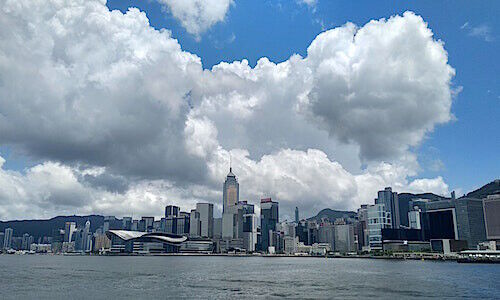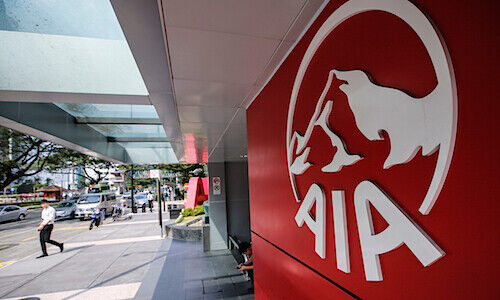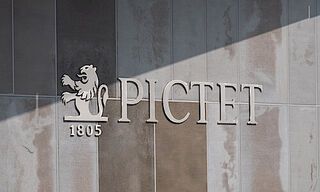Hong Kong is set to hit the attractiveness of the city’s local bourse and hub status with a stamp duty increase on stock trading – the first such hike since 1993.
The Hong Kong government will look to boost the trading tax from 0.10 percent to 0.13 percent, according to the latest budget plan released this week, effective August 1.
Local media say this could is expected to generate an additional 12 billion Hong Kong dollars of tax revenue, citing unnamed sources, as the government sees to boost spending to mitigate the effects of the pandemic.
In the latest fiscal year, the stamp duty contributed 33.2 billion Hong Kong dollars in revenue.
HKEX Not Consulted
Interestingly, Hong Kong Exchanges and Clearing (HKEX) interim chief executive Calvin Tai noted in its recent earnings call that the government had made the tax hike decision without consulting the bourse operator.
«Whilst we are disappointed about the government’s decision to raise stamp duty for stock transactions, we recognize that such a levy is an important source of government revenue,» said a spokesperson for HKEX.
Cost Impact
The new stamp duty is expected to cause trading costs to increase by 6-15 percent which will results in lower trading volumes that will send HKEX earnings per share lower by 3-7 percent, according to Cit analysts.
This follows another strong year for HKEX which posted record profits of 11.5 billion Hong Kong dollars in 2020, a 23 percent rise driven by a 60 percent surge in equity trading.


























